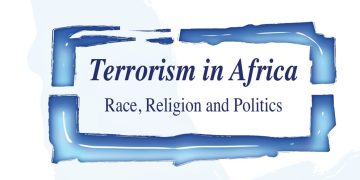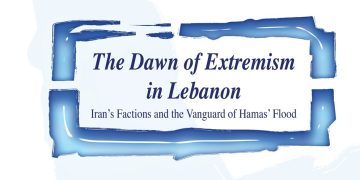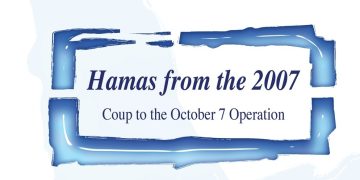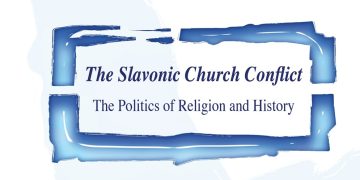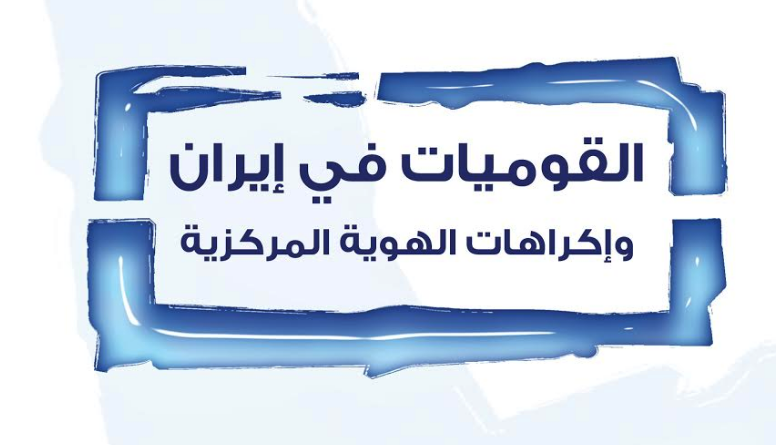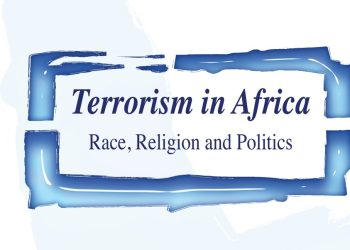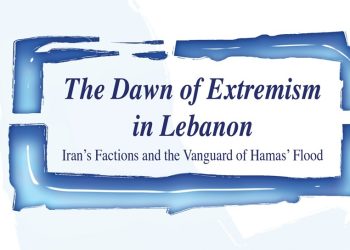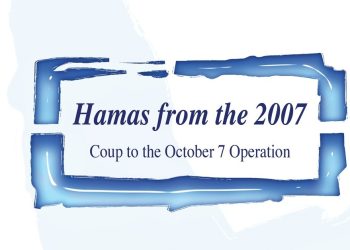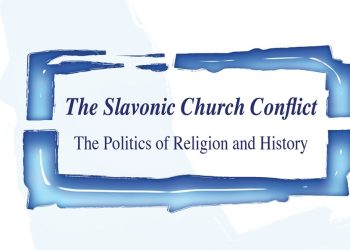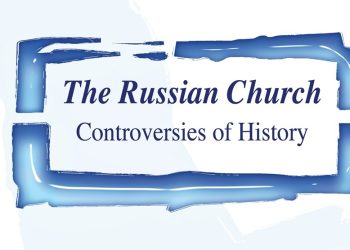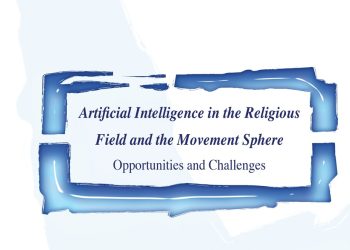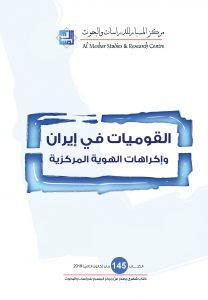 Iran is characterized, both geographically and historically, by its diversity of religions, nationalities, and ethnicities. How successive governments have dealt with this diversity has stimulated endless political and legal debate. All the more so since the success of the Khomeinist Revolution in 1979, as issues of non-Persian national minorities have persisted due to discriminatory policies against other ethnic constitutencies that have formed an integral part of the country’s social fabric throughout the ages.
Iran is characterized, both geographically and historically, by its diversity of religions, nationalities, and ethnicities. How successive governments have dealt with this diversity has stimulated endless political and legal debate. All the more so since the success of the Khomeinist Revolution in 1979, as issues of non-Persian national minorities have persisted due to discriminatory policies against other ethnic constitutencies that have formed an integral part of the country’s social fabric throughout the ages.
Al Mesbar Center’s monthly book, Nationalities in Iran and Echoes of the Core Identity (the 145th book, January 2019), tackles the question of ethnic pluralism in Iran, covering Persians, Azeris, Kurds, Baluch, Bakhtiaris, and Lur. The book contains several studies which provide an overview of Iran’s demographic structure and ethnic and geographic distribution. It also highlights the various difficulties encountered by minority groups in terms of political and legal representation. The book provides a history of these ethnicities’ conflicts with the coercive, identitarian strategies adopted by ruling authorities in Iran, not only in contemporary history but also in more distant historical periods. Additionally, the book analyzes dilemmas of legitimacy, democratization, and the impact of regional crises on non-Persian nationalities. In sum, Nationalities in Iran aims to study the implications of these dilemmas with respect to Iranian national identity and statecraft.
The discriminatory approach established by the Khomeinist regime in its dealings with non-Persian nationalities has incited popular protests in several regions of Iran, particularly in the Ahwazi Arab community. The year 2018, for example, witnessed widespread protests in Ahwazi-majority areas. Unrest among Ahwazi and other groups is not new in Iran: It has historically been focused on issues of economic development, in view of the poor economic conditions in ethnic-minority areas. These problems have grown increasing acute of late, particularly with the resumption of U.S. sanctions on Iran over its nuclear program.
Nationalities in Iran and Echoes of the Core Identity also examines the Lur and Bakhtiari — non-Persian ethnic groups living in western and southwestern Iran, respectively. Their precise numbers are not known, giving rise to conflicting estimates in the absence of official statistics. It has been suggested that the Bakhtiari are a subset of the Lur — linguistically, culturally, and in terms of communal living. Due to overlapping areas of habitation and interwoven cultural and tribal ties, both speak the Lur language, which Persians commonly deride as a rural or Bedouin dialect of the Persian language.
As for the Baluch, they are among the most prominent nationalities in Iran. As Nationalities in Iran observes, they have been fighting for decades against an Iranian regime that declines to recognize their right to education in their mother tongue, among other inherent rights. In addition, Iran’s central authorities practice religious discrimination against Sunni Muslims within the country. The Baluch have all the characteristics of a distinct nationality: shared historical roots, a common language and shared culture, and a defined geographical location. Baluchi-majority regions have witnessed a series of national uprisings since Britain first partitioned them in the 19th century. Their conflict in Iran escalated after central governments of both the Pahlavi Shah and the Islamic Republic adopted clear policies targeting their identity by implementing “Persian-ification,” through indoctrination in schools and discriminatory local laws, as well as attempts at engineering demographic change in favor of non-Baluchis.
The book also devotes significant attention to Turkish nationalism in Iran in several areas, with a focus on national, cultural, and human rights.
The despotic character of rule in the era of the “Islamic Republic” has contributed to the consolidation of Persian and Shi’ite sectarian supremacism, exacerbating injustice toward other nationalities that have long suffered from economic and political marginalization.
Al-Mesbar Center would like to thank all participating researchers involved in the book, with special thanks to colleagues Gamal Obaidi and Ibrahim Amin Nimer, who coordinated its chapters.
Editorial Board
January 2019


